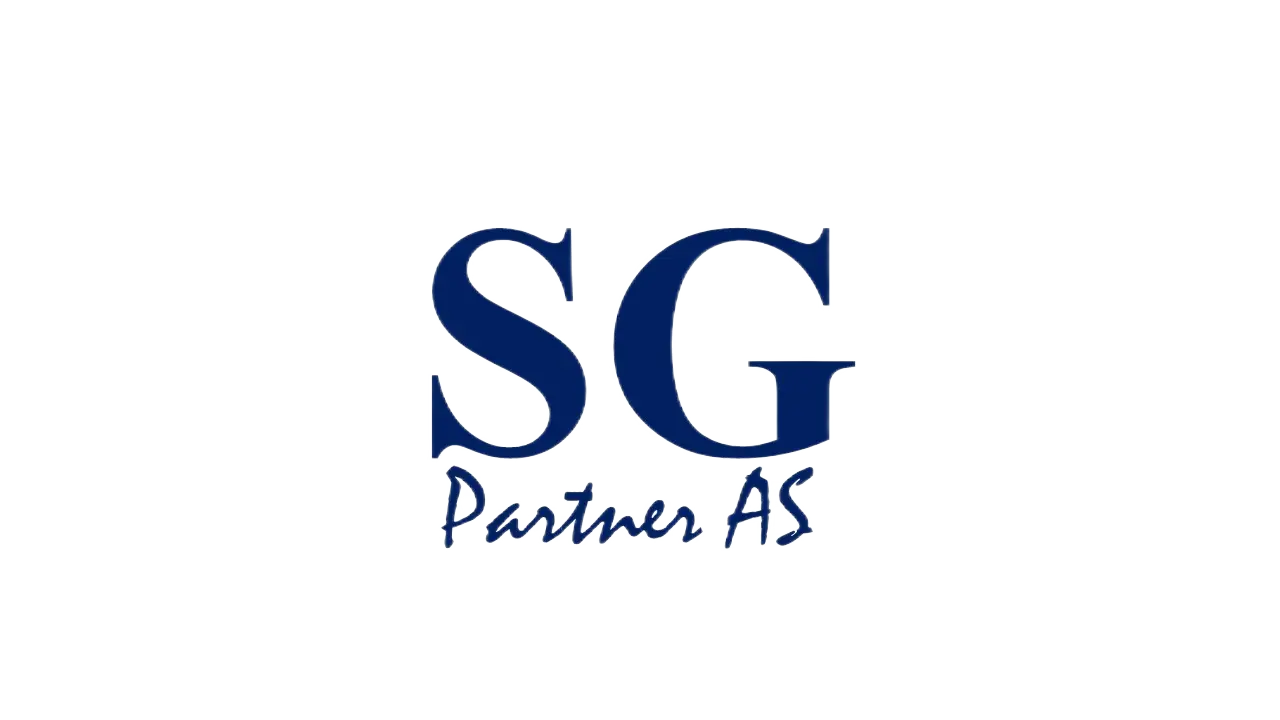COURSE OBJECTIVE:
During this course you will learn:
• The basics of layered network protocols and compare the two primary reference models: OSI and TCP/IP
• How to inspect a structured cabling system, including the proper use and installation of UTP and fiber optic cables
• How to configure a workstation to connect to a network
• Ethernet operations and the use of VLANs by examining the configuration and operation of switches on a network
• The operation of various TCP/IP protocols on a network, including connectionless and connection-oriented communications using UDP and TCP, translation between private and public addresses using NAT, and support protocols such as ARP, DNS, and DHCP
• How to configure a Wi-Fi router for operation on a SOHO network, including security, SSID, and Wi-Fi channel
• The Various IP addressing considerations, including binary to decimal conversion, dotted decimal notation, classful vs. classless addressing, private vs. public addresses, and the use of network masking
• Spanning Tree operation as a method of eliminating broadcast storms on a switched network
• How to create a subnet for a small network, selecting the correct masks for various situations to accommodate the current number of hosts in each subnet and to also allow for future growth
• Router configurations to determine the function of various routing protocols, including RIP, IGRP, and OSPF, within and between networks
• Various WAN technologies, including circuit switched solutions such as leased lines and packet switched solutions such as Carrier Ethernet, and determine the best WAN connectivity solution for a given corporate network
• How to use a protocol analyzer to capture and view network traffic, including e-mail, instant message exchanges, and web transactions
• The basic network security implementations by testing the impact a router that has been configured as a firewall has on the flow of traffic through a network
• Research the suitability of popular anti-malware suites for mitigating network security threats
• Research Mobile Device Management (MDM) solutions to support BYOD deployments
TARGET AUDIENCE:
New IT professionals who want to learn the basics of a structured, layered approach to networking, including the fundamentals of network hardware and components, network protocols, IP addressing and subnetting, and various tools used in network monitoring and troubleshooting. Ideal candidates include:
• Entry-level and newly hired technical professionals, including PC support, help desk, and networking professionals
• Sales and marketing professionals looking to increase their ability to communicate with technical professionals and increase sales
• Technical professionals looking to strengthen core skill before pursuing advanced topics and certifications
COURSE PREREQUISITES:
There are no prerequisites for this course.
COURSE CONTENT:
• Networking Basics
• Networking Standards
• Microsoft, Unix, and Linux Networking
• Network Cabling Systems
• Ethernet Overview
• IP Addressing Issues
• TCP/IP Protocols
• Switching
• Routing
• Network Security
• Wireless Networking
• WAN Overview
• WAN Services
• The Internet
FOLLOW ON COURSES:
Mastering TCP/IP (GK-9055)
Interconnecting Cisco Network Devices (ICND1) or CCNA Fast Track Programme (CCNABC)
